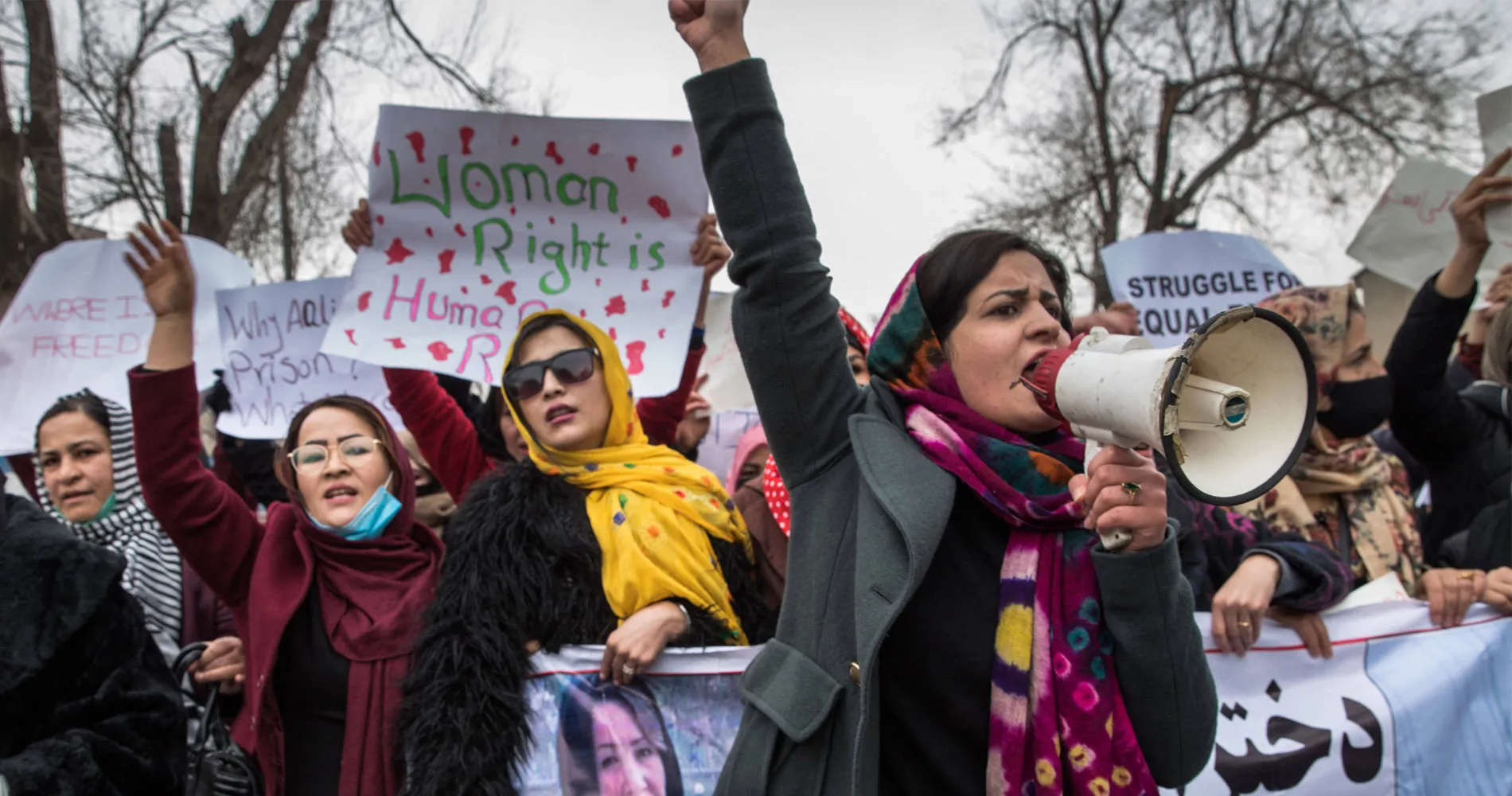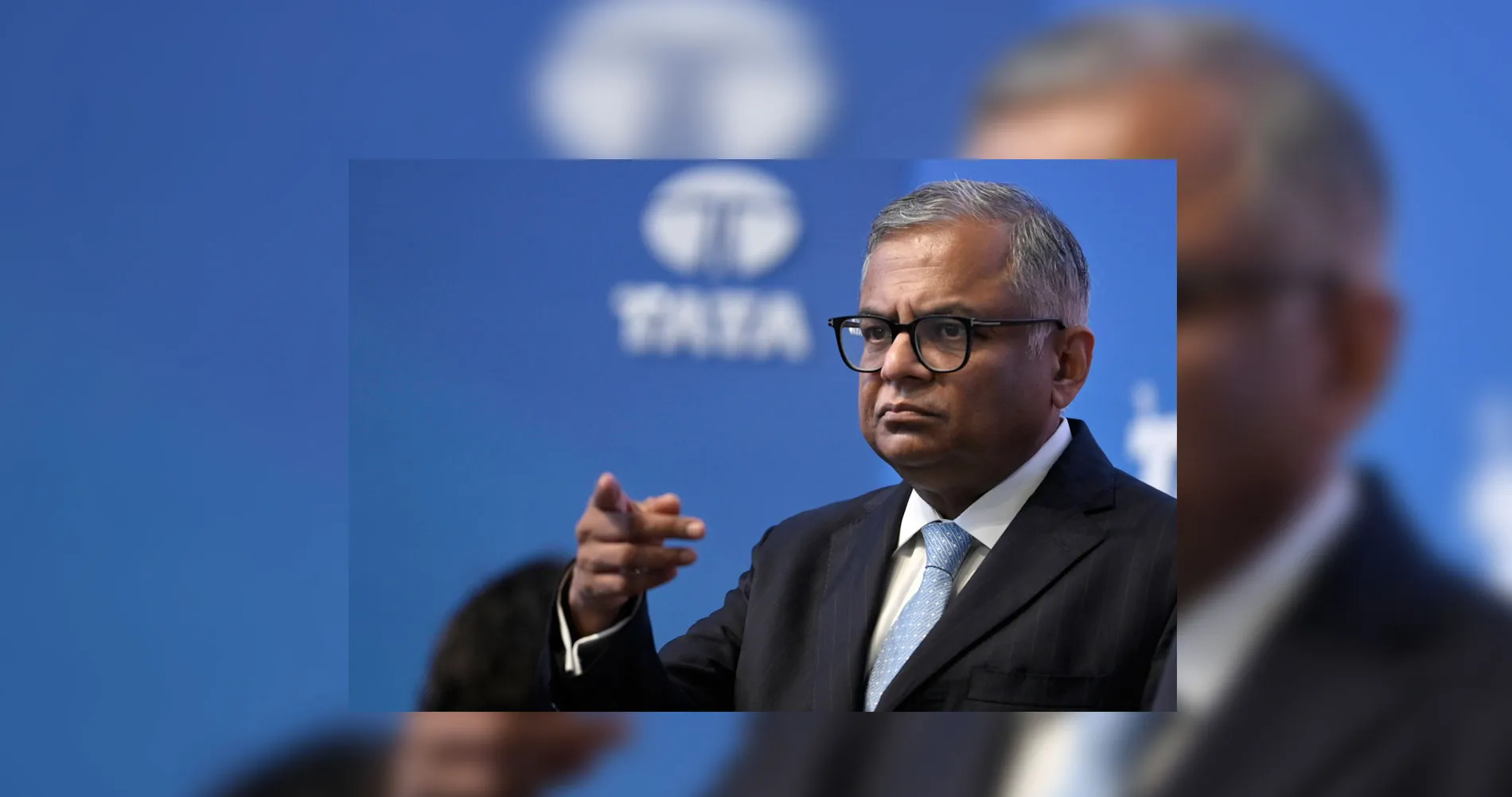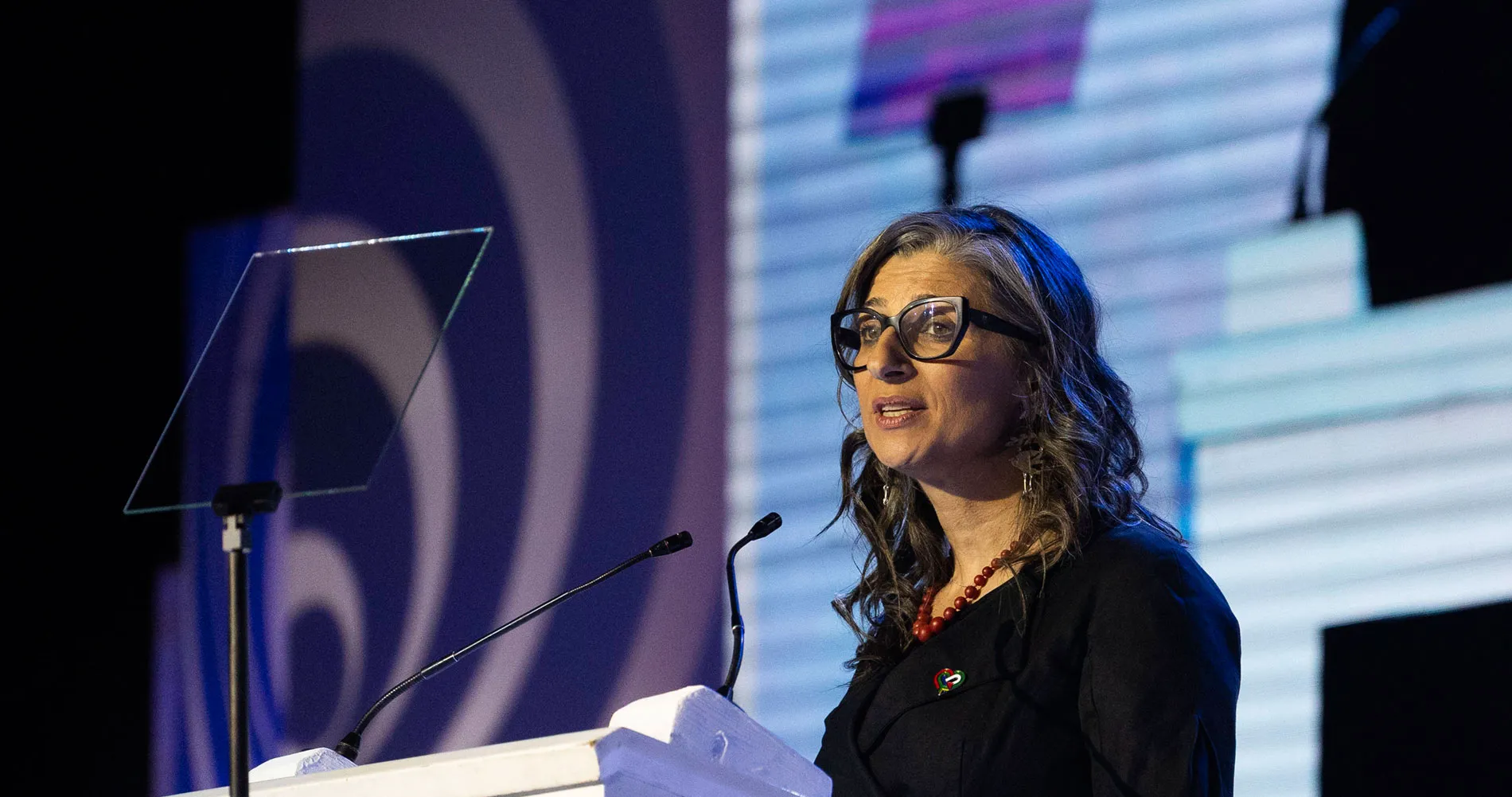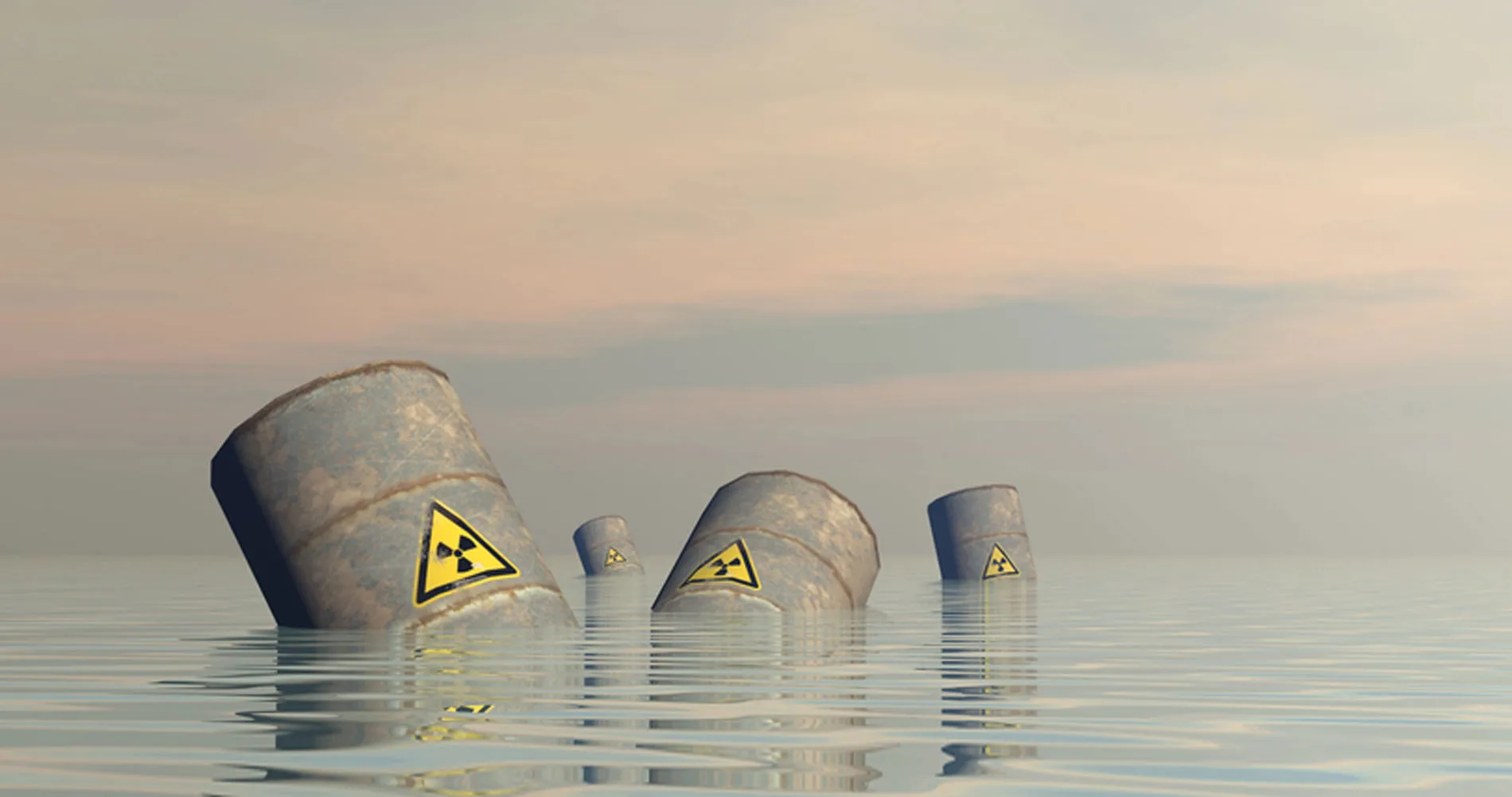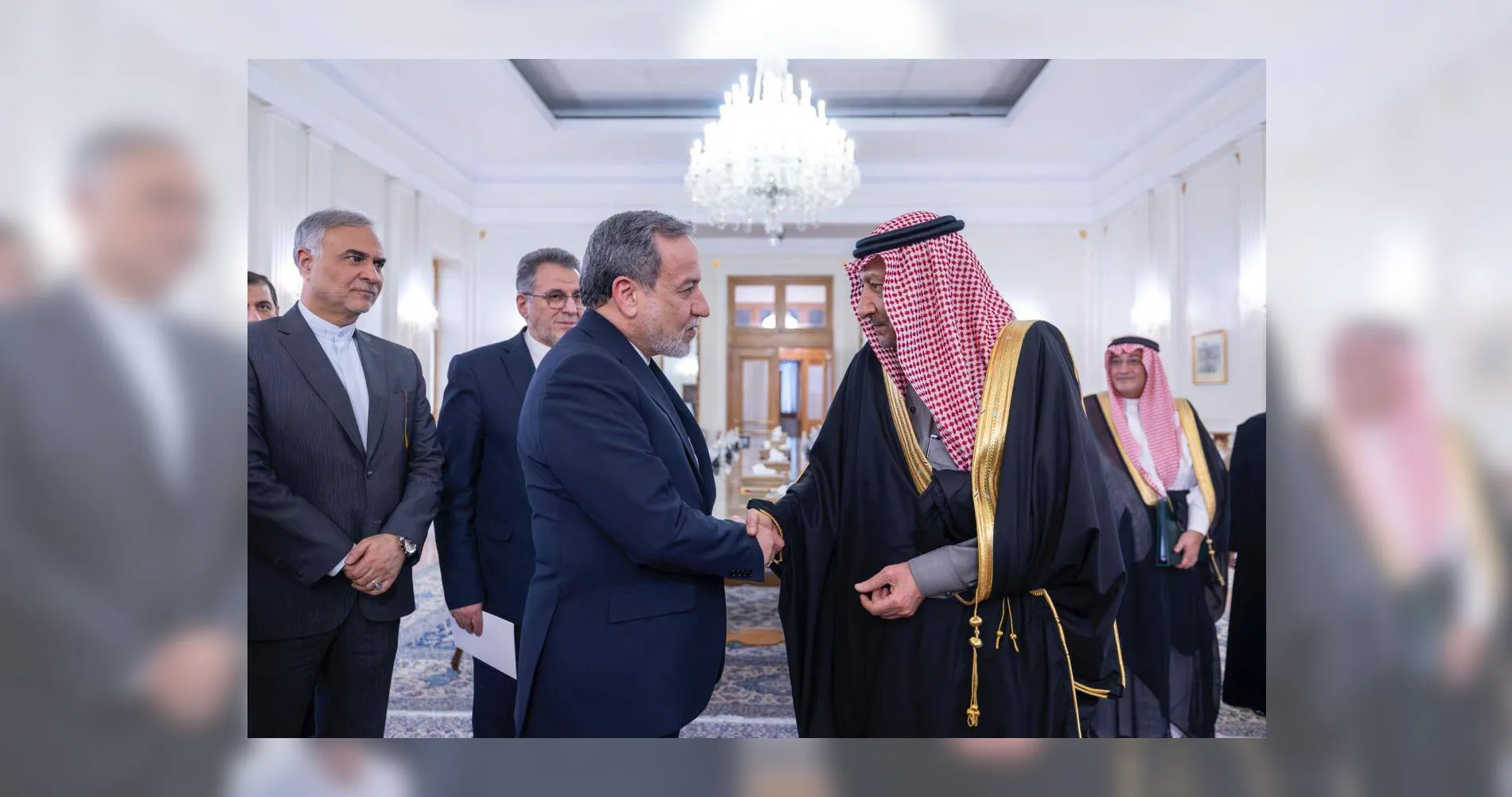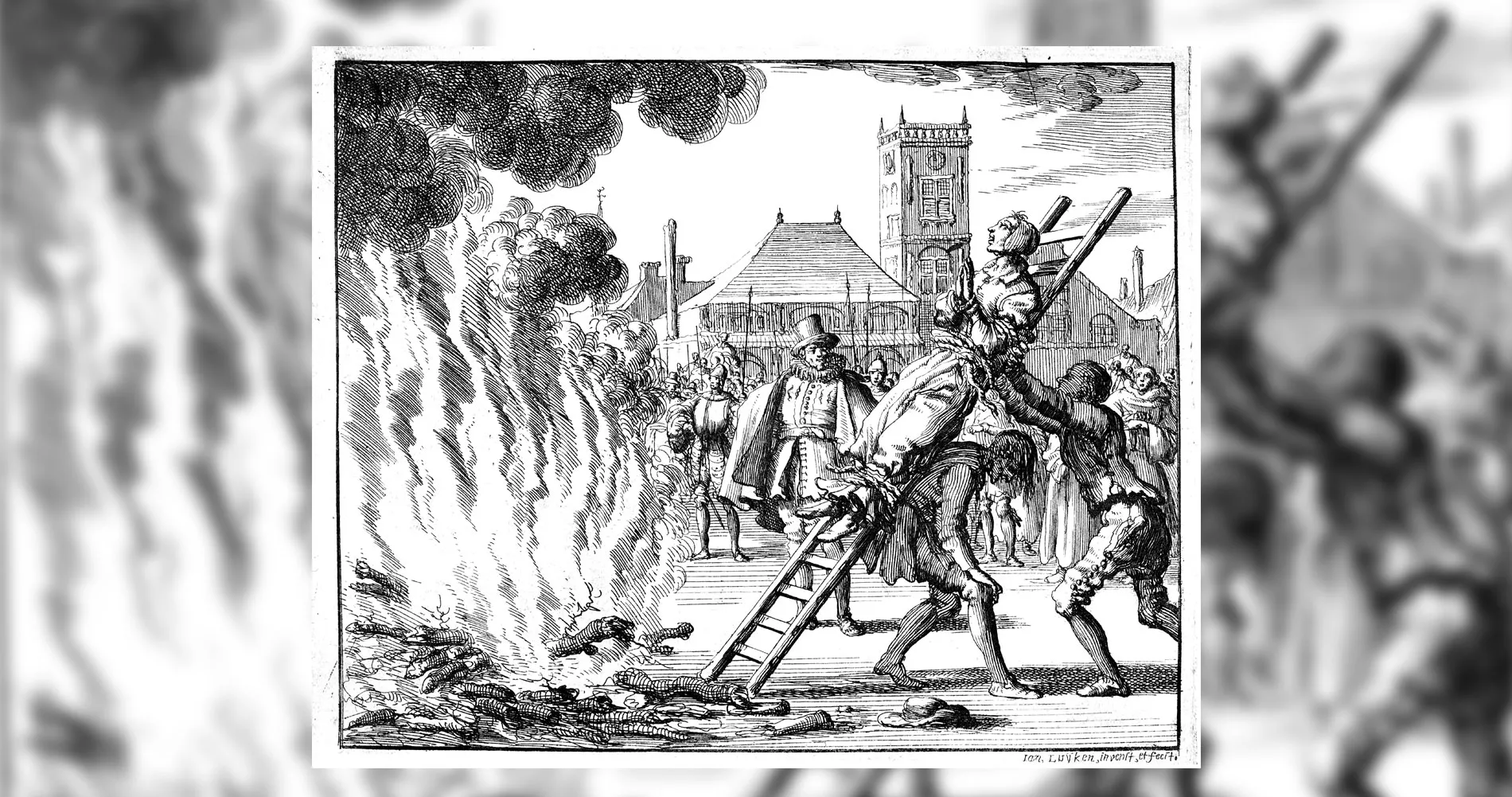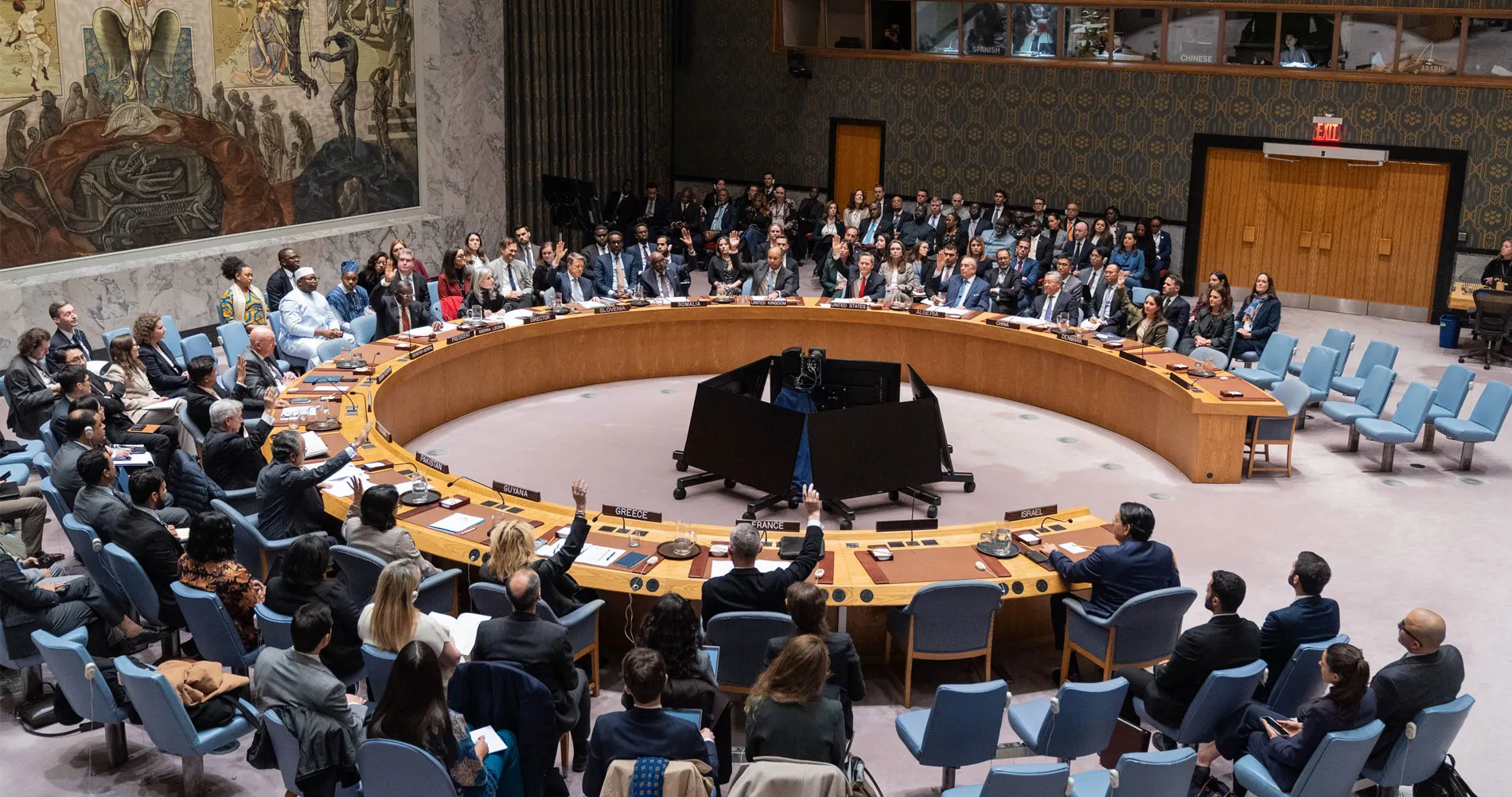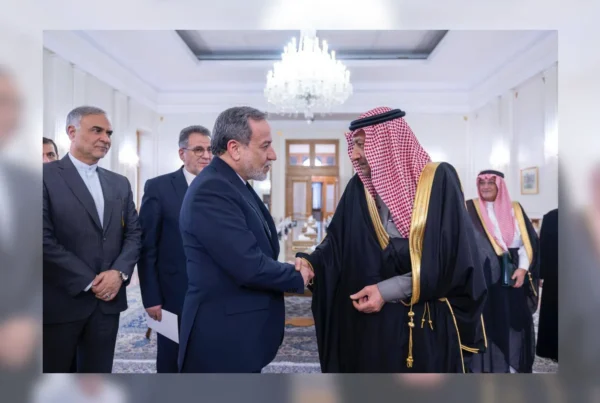The recent gang-rape of a human rights activist in an Afghan jail, filmed to silence her, underscores the ongoing horrors faced by Afghan women under Taliban rule. Calls for urgent, coordinated global action to address these abuses of human rights are almost non-existent. The international community’s silence is deafening. Where is the global outrage?
Meric Sentuna Kalaycioglu
8 August 2024
Arabic version | Chinese version | French version | German version | Spanish version
A joint report published on 3 July 2024 by The Guardian and Rukhshana Media describes the horrible incident an Afghan women’s rights activist had to endure when she was videoed while being gang-raped in a Taliban prison by two armed men. The activist, arrested for participating in public protests against the Taliban, reported that the video was recorded on a mobile phone and later sent to her as a threat to stop her from speaking out against the regime.
Filmed to intimidate and silence the rape victim, this latest heinous crime epitomizes the ongoing systematic oppression women face under the Taliban regime. While the UN has announced an investigation into these allegations, the global community’s response to these ongoing atrocities remains alarmingly tepid, raising critical questions about the level of international concern.
This incident is but the latest report of a woman being assaulted by the Taliban after being taken into custody by the Taliban’s morality police. Many of these assaults have ended in the death of the woman. In December 2023, Marina Sadat was detained by the Taliban. Her body was discovered weeks later inside a sack in a canal. She had been sexually abused before being killed.
The United Nations (UN) Assistance Mission in Afghanistan had previously documented the horrible treatment women face in Taliban-run prisons in northern Afghanistan. On 2 February 2024 the UN issued a report titled “Afghanistan: Taliban’s crackdown on women over ‘bad hijab’ must end”. A comprehensive report from Amnesty International (AI) on 6 December 2021 revealed the systematic dismantling of support systems for rape survivors, exacerbating their isolation and lack of recourse for justice.
Since the disastrous US withdrawal from Afghanistan in August 2021, the Taliban has imposed draconian oppressive measures on women, reversing two decades of progress. Women are barred from education beyond the sixth grade, employment in public offices, and even basic social freedoms such as going to a park without a male family member, playing a sport or using public bathing houses. These restrictions have plunged Afghan women into unprecedented levels of repression as reported on iGlobenews, in April 2023 ( The Taliban’s Afghanistan 2023: Thank you America!).
Rape remains a profound fear for women in Afghanistan, where a cultural curfew consistently keeps them indoors after 6 pm. Afghan families often prioritize their honor over the well-being of rape victims, leading to further abuse and even “honor killings”. By exploiting the severe stigma attached to survivors, the Taliban strategically and effectively uses rape as a tool to suppress and silence female human rights activists detained for protesting the regime.
One contentious topic is the imposition of economic sanctions on the Taliban. While such measures could cripple the regime, they also risk exacerbating the humanitarian crisis, affecting ordinary Afghan citizens. Nonetheless, the current lack of action is equally problematic, as it emboldens the Taliban to continue their oppressive policies without fear of repercussions.
Although there have been calls from the UN Security Council, UN High Commissioner for Refugees, the World Food Program, Amnesty International for the Taliban to lift restrictions on women, such appeals remain ineffective without accompanying economic sanctions or political pressure.
In response to reports of abuses of women rights in Afghanistan, Agnès Callamard, AI’s Secretary General, emphasized on 17 June 2024 in a post on X, the need for gender apartheid to be recognized as a crime under international law. This recognition, she argued, would strengthen efforts to combat regimes that systematically oppress and dominate on the basis of gender. Callamard stated that Amnesty International is joining the calls of courageous advocates, including women from Afghanistan, Iran, and beyond, who have been leading the demand for the recognition of gender apartheid in international law.
These isolated voices have as yet to been unable to solicit tangible actions. The lack of mass media coverage and public outcry suggests a potential waning interest in Afghanistan’s humanitarian crisis. Even the global feminist movement, which has championed numerous causes worldwide, appears largely absent in addressing these pressing issues.
The February 2024 meeting of Special Envoys on Afghanistan, held in Doha, Qatar, was boycotted by the Taliban after the UN invited Afghan diaspora groups and civil society organizations, including women’s rights activists, to attend. At the time, the UN downplayed the significance of the boycott, but has now significantly shifted its strategy for engaging with the Taliban.
The following meeting of Special Envoys, held in Doha on 30 June and 1 July 2024, was chaired by UN’s Under-Secretary-General for Political and Peacebuilding Affairs, Rosemary DiCarlo, representing the Secretary-General. Previous discussions had failed to achieve any result because of the Taliban’s refusal to participate unless their stringent conditions were met. In order to secure Taliban attendance, the UN took a markedly different approach. They excluded discussions on Afghan women’s rights and did not include representatives from civil society, women, or human rights defenders.
A “Note to Correspondents” published on 21 May 2024 on the UN’s website highlighted that the focus of the June/July Doha conference was to be diplomatic relations with the Taliban, with minimal emphasis on human rights issues. Reflecting the Taliban’s insistence on keeping such topics off the agenda, this included avoiding focus on the severe restrictions on female education and women’s rights in Afghanistan. The UN in effect caved to Taliban pressure, leaving Afghan women abandoned yet again.
In the days preceding the conference, the decision faced significant criticism, notably from the UN’s own Committee on the Elimination of Discrimination against Women, which expressed deep concern over the exclusion, warning that it would further silence Afghan women and girls. Human Rights Watch also described the exclusion of women as ‘shocking’.
The future of Afghan women depends on a global commitment to justice and equality. The UN’s current approach suggests a shift toward recognizing the Taliban’s role while simultaneously sidelining non-Taliban civil society, women and organizations dedicated to defending human rights. This has led to concerns raised by local and international human and women rights groups that the international community may be prioritizing political engagement with the Taliban over addressing the dire situation faced by Afghan women and girls.


